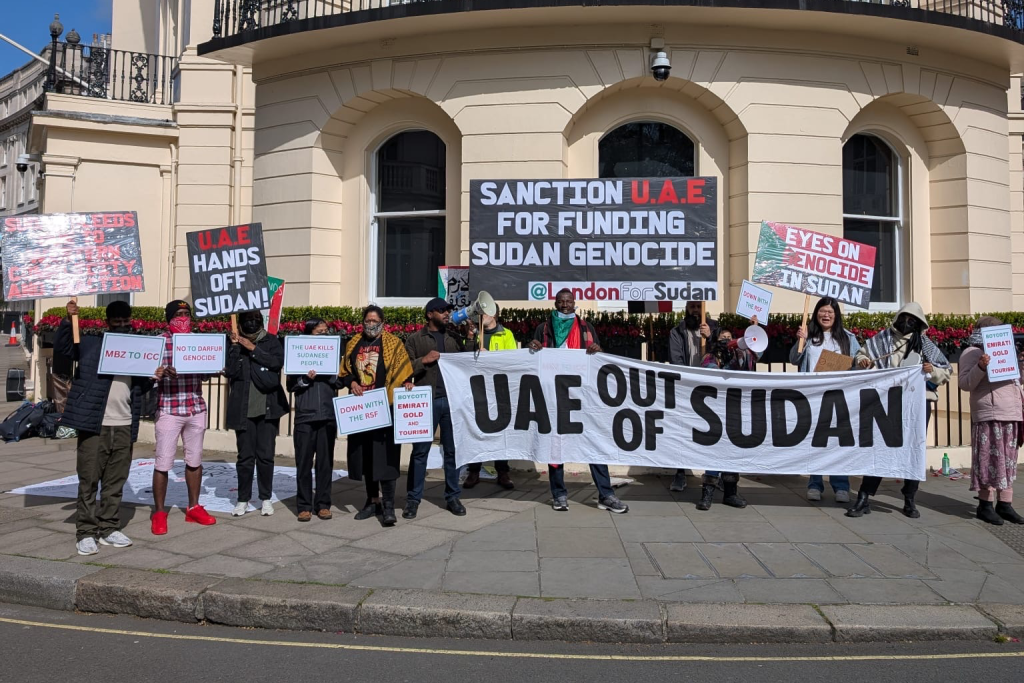The United Arab Emirates has rejected Sudan’s decision to sever diplomatic ties, asserting that the army-aligned administration based in Port Sudan does not constitute Sudan’s legitimate government. This response followed Sudan’s declaration on Tuesday naming the UAE an “aggressor state,” closing its embassy and consulate in Abu Dhabi.
Sudan’s military-led government, which relocated to Port Sudan after war erupted in 2023, accuses the UAE of arming the rival Rapid Support Forces (RSF) with weapons allegedly used in attacks against Sudanese army positions. The RSF is led by General Mohamed Hamdan Daglo, the former deputy of General Abdel Fattah al-Burhan, Sudan’s de facto leader and head of the armed forces.
In a statement on X (formerly Twitter), UAE foreign ministry spokesperson Afra Al Hameli dismissed the legitimacy of the Sudanese authorities based in Port Sudan. She said the UAE “does not recognise the decision of the Port Sudan Authority,” insisting it does not represent the true government or people of Sudan. Al Hameli described Sudan’s diplomatic move as a reaction to the International Court of Justice (ICJ) dismissing a genocide case brought against the UAE just a day earlier.

On Monday, the ICJ ruled that it lacked jurisdiction to hear Sudan’s case accusing the UAE of complicity in genocide through its alleged support for the RSF. The UAE has consistently denied any involvement in fuelling the conflict.
The war, which began in April 2023, has ravaged Sudan, leaving tens of thousands dead and displacing around 13 million people. It has also triggered what the United Nations describes as the world’s worst hunger and displacement crisis.
Port Sudan, which had been considered a relatively safe zone and host to hundreds of thousands of internally displaced people and international humanitarian agencies, has come under drone attack for four consecutive days. Army sources blamed the RSF for the strikes, although the paramilitary group has not issued a formal comment on the attacks.
Tensions continue to mount as both the political and military landscapes in Sudan grow increasingly fractured and volatile.


 Trending
Trending 
